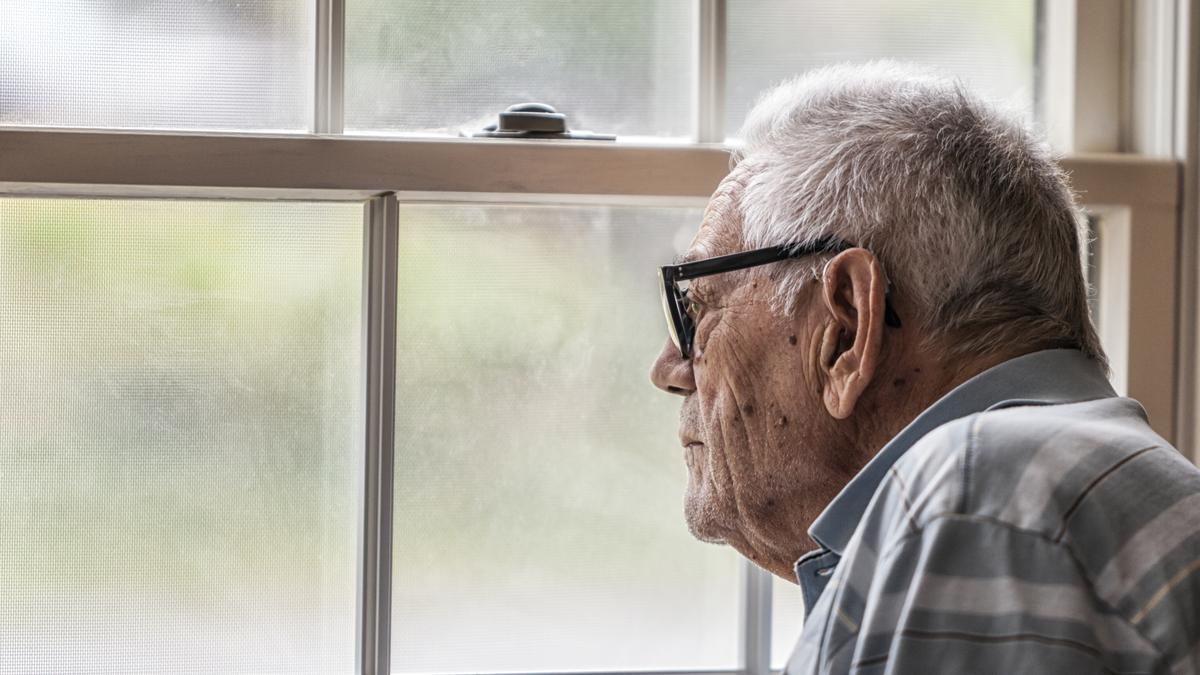
Alzheimer’s Disease International calls for extension to global action plan on public health response to dementia
The Hindu
New report reveals lack of progress in developing National Dementia Plans by WHO member states, including India.
A new report titled “From Plan to Impact”, released on May 29 at the World Health Assembly, has revealed that less than a fifth of all 194 World Health Organisation (WHO) member states, including India, have followed through on their promise to develop a National Dementia Plan by 2025.
Following this, Alzheimer’s Disease International (ADI) has called for a 10-year extension to WHO’s global action plan on the public health response to dementia which launched in 2017. Dementia is an umbrella term for several diseases affecting memory, other cognitive abilities and behaviour that interfere significantly with a person’s ability to maintain their activities of daily living.
“Currently, in India, dementia is referred to in an existing grouped health plan, but not as a separate health condition and any such plan has not yet been launched. However, India has committed funding for some of the seven action areas outlined in the WHO global action plan on dementia,” the report stated.
According to the World Health Organisation, in 2015, before the global action plan was launched, 47 million people were estimated to be living with dementia worldwide. Currently, this figure exceeds 55 million and is forecast to increase to 78 million by 2030 and 139 million by 2050, the report pointed out.
Renu Vohra, Chairperson of the Alzheimer’s and Related Disorders Society of India (ARDSI), said India lacks an exclusive policy for dementia support. National dementia plans are crucial to ensure health systems can provide access to new diagnostics, treatments, and vital care and support, she said.
“While other BRICS countries such as Brazil, Russia and China already have dementia action plans in place, India’s dementia plan is still pending. We submitted a draft action plan to the Union Health Ministry in 2018. ARDSI is planning to submit another representation in this regard to the new government soon after its formation,” she said.
P.T. Sivakumar, professor and Head of the Geriatric Psychiatry Unit at NIMHANS, said a multidisciplinary team of experts from NIMHANS and Dementia India Alliance, headed by Radha S Murthy, is actively collaborating with the Karnataka Health Department to draft a State action plan.

“Writing, in general, is a very solitary process,” says Yauvanika Chopra, Associate Director at The New India Foundation (NIF), which, earlier this year, announced the 12th edition of its NIF Book Fellowships for research and scholarship about Indian history after Independence. While authors, in general, are built for it, it can still get very lonely, says Chopra, pointing out that the fellowship’s community support is as valuable as the monetary benefits it offers. “There is a solid community of NIF fellows, trustees, language experts, jury members, all of whom are incredibly competent,” she says. “They really help make authors feel supported from manuscript to publication, so you never feel like you’re struggling through isolation.”

Several principals of government and private schools in Delhi on Tuesday said the Directorate of Education (DoE) circular from a day earlier, directing schools to conduct classes in ‘hybrid’ mode, had caused confusion regarding day-to-day operations as they did not know how many students would return to school from Wednesday and how would teachers instruct in two modes — online and in person — at once. The DoE circular on Monday had also stated that the option to “exercise online mode of education, wherever available, shall vest with the students and their guardians”. Several schoolteachers also expressed confusion regarding the DoE order. A government schoolteacher said he was unsure of how to cope with the resumption of physical classes, given that the order directing government offices to ensure that 50% of the employees work from home is still in place. On Monday, the Commission for Air Quality Management in the National Capital Region and Adjoining Areas (CAQM) had, on the orders of the Supreme Court, directed schools in Delhi-NCR to shift classes to the hybrid mode, following which the DoE had issued the circular. The court had urged the Centre’s pollution watchdog to consider restarting physical classes due to many students missing out on the mid-day meals and lacking the necessary means to attend classes online. The CAQM had, on November 20, asked schools in Delhi-NCR to shift to the online mode of teaching.









